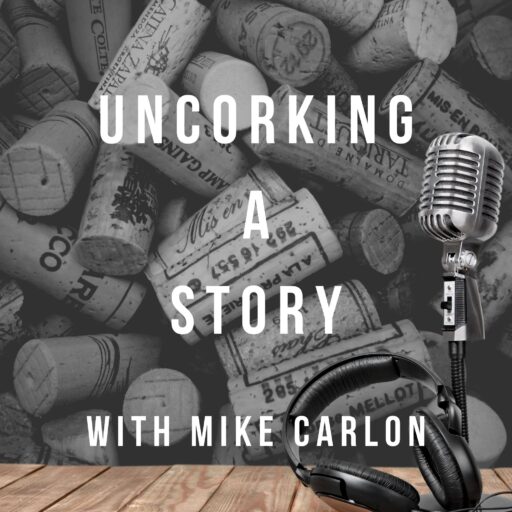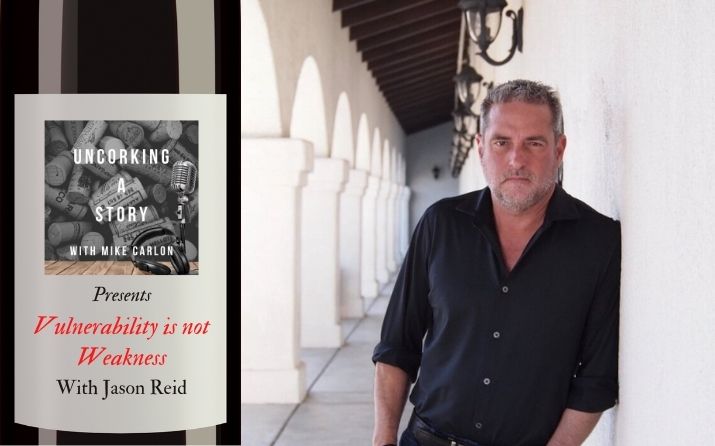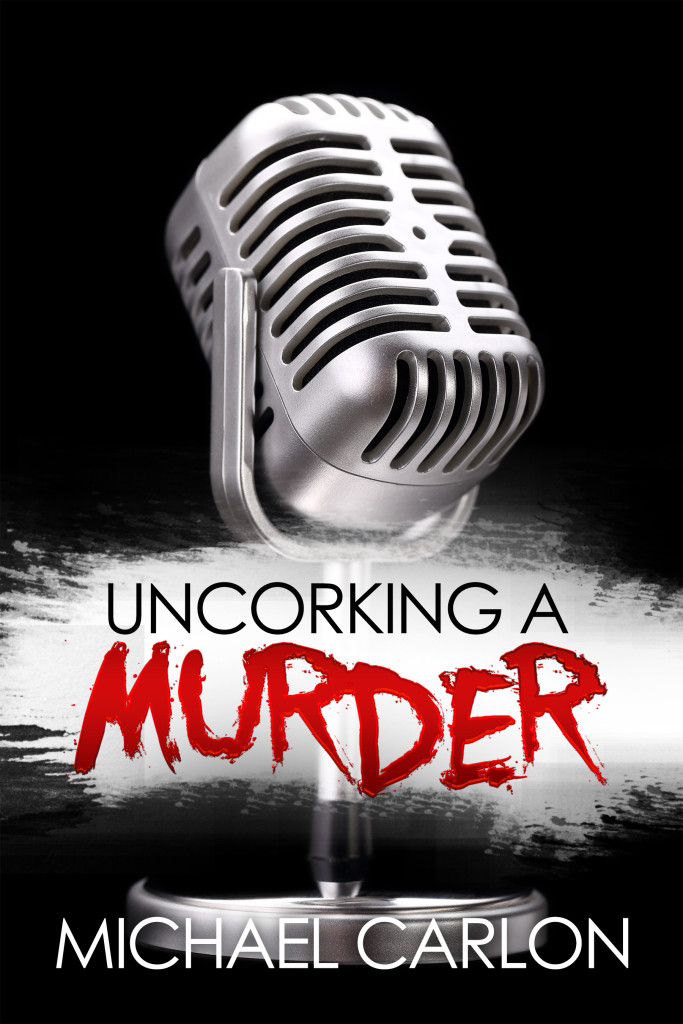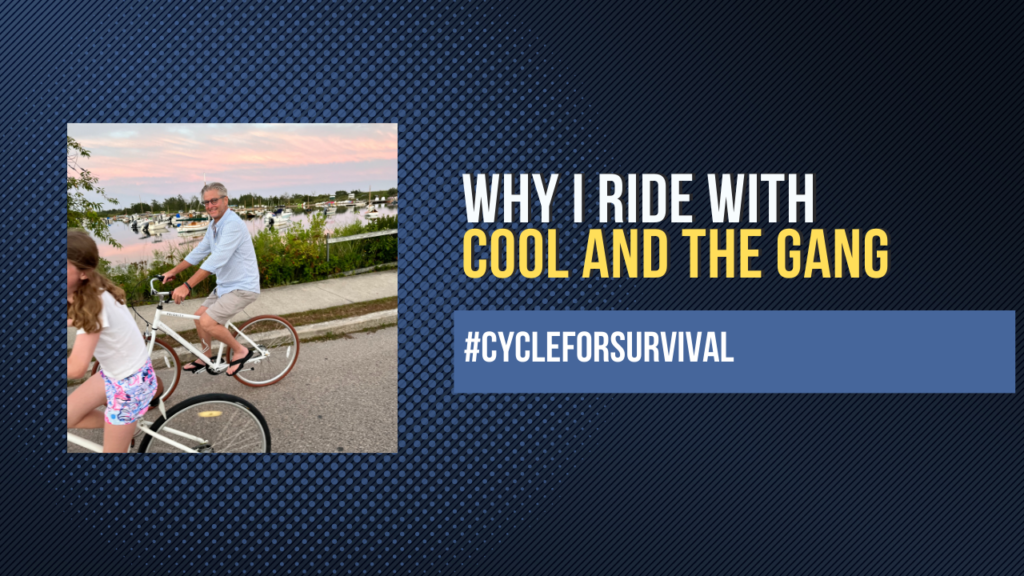There is a rise in anxiety and depression among teens resulting from several factors including increased pressures on kids to succeed, unrealistic expectations set through social media, and, of course, social restrictions due to the pandemic. In this episode, Jay Reid joins me to uncork an intense story about teenage suicides with a personal story about losing his son to suicide.
What are the factors that are leading to teenage suicide? How to spot if your child is suffering from anxiety or depression? How can you as a parent try to resolve this issue? Listen in to uncover these answers—and maybe help to save a life.
JASON REID
Jason Reid is a partner at CEO International, where he coaches CEOs on how to be successful. He is a leader, entrepreneur, and family man. Following the suicide of his 14-year-old son, Jason started the foundation Chooselife.org. The organization’s goal is to end teen suicide by 2030. Jason is on a mission to educate families nationwide and help young people heal and speaks to audiences around the country about his own experience and how parents can converse with their children about mental health empower every parent in the US knows how to have a conversation with their kid about depression and suicide.
CONNECT WITH JAY
Linked IN: https://www.linkedin.com/in/jasonrreid/
ChooseLife.org https://www.chooselife.org/
Tell My Story Film https://www.chooselife.org/film
Jay’s Talks https://www.chooselife.org/jays-talks
Key Topics in this podcast:
- Jay’s personal experiences with suicide.
- What he learned about the prevailing factors of teen suicide.
- The importance of taking ownership of your child’s mental health.
- How to create an open and proactive environment for your kids.
- How to resolve teenage suicides across the country by 2030.
KEY TAKEAWAYS
- Vulnerability isn’t weakness. Let your kids (and family) know that it’s okay to have good days and bad days. That way they won’t be left thinking that something is wrong with them if they are not as “perfect” as you appear to be.
- Parents have to own their childrens’ mental health. Just like we ask questions when our kids experience physical pain (where does it hurt? when did it start? etc.), we must respond to their emotional pain as well (how long have you felt this way? Do you always feel this way? What triggers these feelings? Do these feelings ever go away? etc.).
- Being proactive is important. We all must do a better job of proactively asking people to share how they feel when we observe that someone feels sad or anxious.
- The need to adapt. The culture our kids are growing up in is vastly different than the one we grew up in. We can’t expect the culture to revert to where it was, but we can control how we help our kids navigate the world they live in. Asking them questions, listening to their answers, and creating an environment where they feel comfortable coming to us are all important.
Memorable Quotes/Advice From Jay
“Kind of match vulnerability up with weakness, and I don’t think the two are the same. Because I can tell you now that I am a lot more vulnerable, I’m definitely not weak. No one would ever assume that. Because if I were my son, that I am weak in any way. Because that’s not how I show up every day. Right? I still show up as a really tough guy. But I am more vulnerable than I used to be. I think people respect that more, as opposed to the guy who always just actually, he’s got his act together. And your family needs to see that. Your friends need to see that. Your spouse needs to see that. It’s not, it’s not a sign of weakness.”



